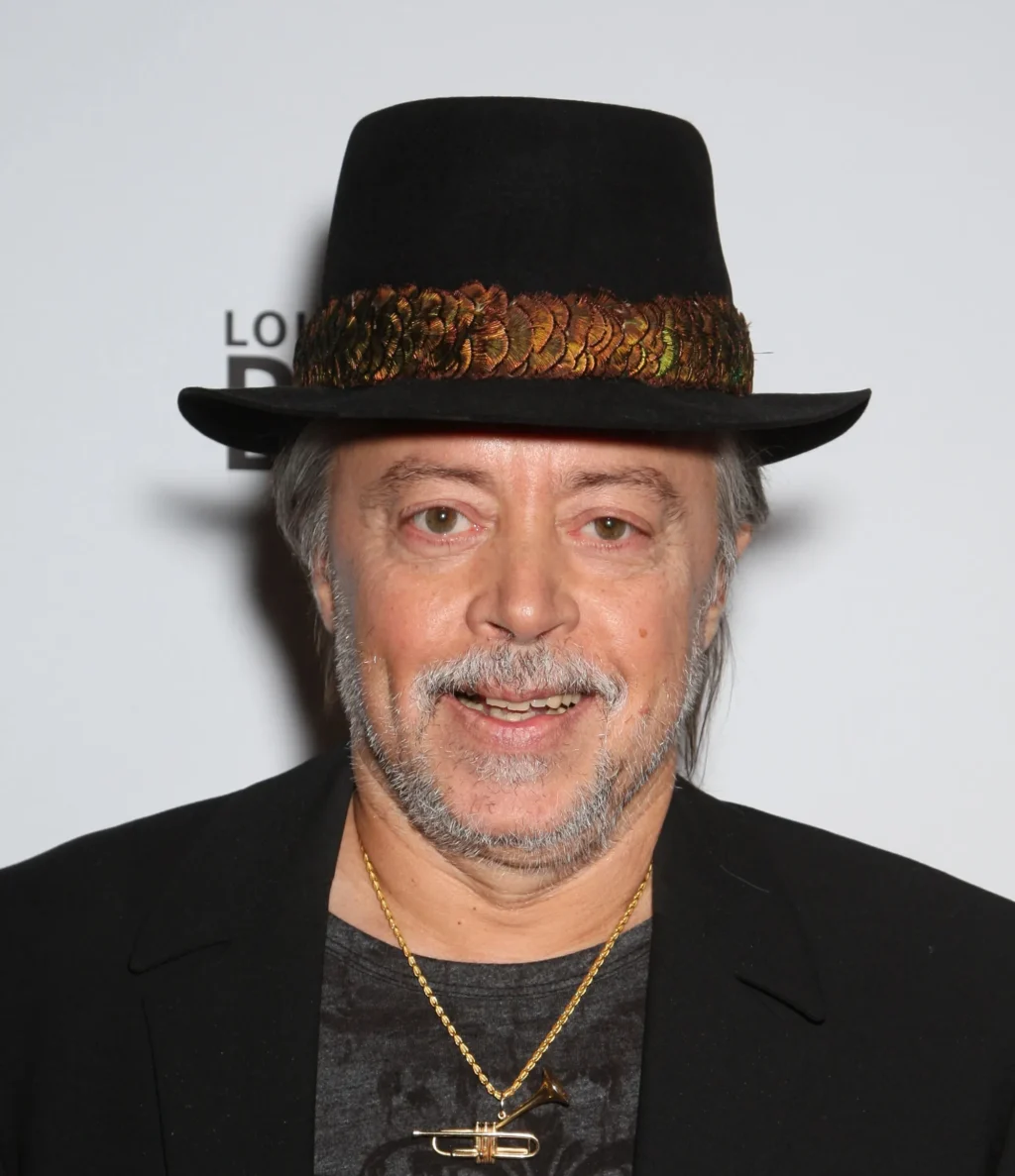
Pic Credit- New York Post
Rochester, NY, July 24, 2025 — Charles “Chuck” Mangione, the beloved American flugelhorn and trumpet virtuoso whose smooth‑jazz compositions captured the hearts of millions worldwide, has died in his sleep at the age of 84. Mangione passed away peacefully on July 22, 2025, at his Rochester home, according to his representatives.
Born November 29, 1940, in Rochester, New York, Mangione’s journey from local jazz prodigy to international star embodies the transformative power of music. Raised in a household steeped in jazz, he and his brother, Gap, entertained touring musicians for home-cooked meals—among them legends like Miles Davis and Dizzy Gillespie. Migrating from piano and trumpet studies in Rochester to jazz stardom, Mangione earned a degree from the Eastman School of Music in 1963 and soon after joined the prestigious Jazz Messengers under Art Blakey.
Meteoric Rise
In the late 1960s, Mangione co-led the Jazz Brothers and later directed Eastman’s jazz program (1968–1972). His defining moment arrived with 1977’s “Feel So Good”, a composition so immediately catchy and joyful it climbed to No. 4 on the Billboard Hot 100 and topped the Easy Listening chart. The instantly recognizable track firmly ushered Mangione into the mainstream.
Awards & Cultural Footprint
Mangione won two Grammys during his career:
- 1977: Best Instrumental Composition for “Bellavia”—an homage to his mother
- 1979: Best Pop Instrumental Performance for the emotionally resonant “Children of Sanchez,” the theme to the Anthony Quinn–starring film
He also composed “Chase the Clouds Away” for the 1976 Montreal Olympics and performed “Give It All You Got” at the 1980 Winter Olympics closing ceremony in Lake Placid.
Mangione appeared regularly as himself in King of the Hill, playing a Mega Lo Mart spokesperson who always ended up performing “Feel So Good,” becoming a quirky cultural reference in the process.
Later Career & Honors
In the late ’80s and early ’90s, Mangione took a step back, citing burnout after decades of one-nighters and tours. He returned in 1994, inspired by the passing of mentor Dizzy Gillespie, releasing The Feeling’s Back in 2007 and re-engaging his loyal fanbase.
He accrued significant accolades: an honorary doctorate from the University of Rochester (1985), Eastman’s Alumni Achievement Award (2007), and numerous other tributes. While some sources cite over $10 million in lifetime earnings, Mangione remained fiscally cautious—never ostentatious in his success.
Legacy by the Numbers
- 30+ albums over six decades
- 14 Grammy nominations, 2 wins
- Estimated 50 million records sold worldwide
Tribute & Cultural Influence
Fans worldwide have grown up hearing Mangione’s melodies in Olympic broadcasts, films like Doctor Strange, The Cannonball Run, and even TV sitcoms. Online communities recall hearing “Feels So Good” and being instantly uplifted:
“Feels so good came on at work… the whole bar went nuts”.
“It never occurred to me that he might be good! Sorry Chuck!”.
Beyond recordings, he championed music education, donating memorabilia to institutions like the Smithsonian and founding scholarships at Eastman.
Final Reflections
Chuck Mangione’s music embodied joy, sincerity, and the power of melody. Whether performing live or lending his sound to global events, his flugelhorn told emotional stories that transcended language. He once said: “If you’re honest and play with love, people will sit down and listen… my music is the sum of all I have experienced” (Eastman School of Music).
As the world mourns, his timeless compositions will continue to play—at weddings, in movies, in living rooms—echoing one ultimate truth: it still feels so good when he plays.






